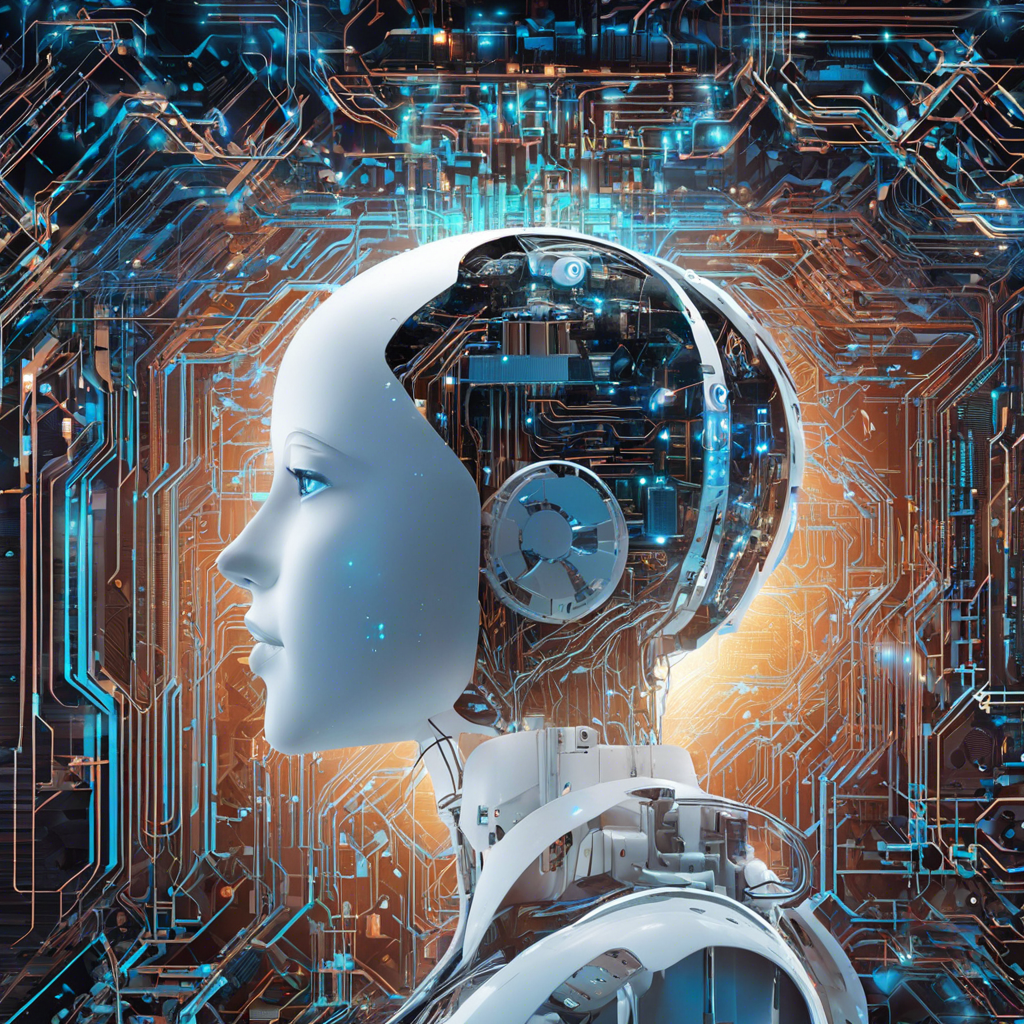The future of artificial intelligence (AI) is an exciting and intriguing prospect, with its potential to revolutionize countless industries and daily life as we know it. AI has already made significant inroads, from self-driving cars to smart assistants like Siri and Alexa, but the cutting-edge of this technology suggests that we’ve only just begun to scratch the surface of its capabilities.
One of the key areas being explored is AI’s ability to learn and adapt. Machine learning algorithms are being developed to enable AI systems to analyze vast data sets and identify patterns, making them capable of everything from predicting customer behavior to detecting cancerous tumors. This learning potential is also being applied in robotics, with machines that can adapt to their environment and complete tasks with minimal human input.
Another fascinating development is the integration of AI with the Internet of Things (IoT). As more devices become connected, AI can act as a central hub, coordinating and optimizing their functions. This could include anything from managing smart home systems to optimizing city-wide infrastructure, creating a more efficient and responsive world.
Ethical considerations are also at the forefront of the AI discussion. As the technology becomes more powerful, questions of privacy, data ownership, and potential bias in algorithms are being raised. Ensuring that AI development considers the ethical implications and that regulations are in place to protect individuals and society is vital.
The potential for AI to transform healthcare is also immense. Beyond cancer detection, AI is being used to develop personalized medicine, predict disease outbreaks, and optimize treatment plans. This could lead to improved patient outcomes and more efficient healthcare systems worldwide.
Furthermore, AI’s impact on the creative industries is an interesting development. AI is now being used to generate art, music, and creative content, often with impressive results. This raises questions about the nature of creativity and whether AI can truly be considered artistic.
The future of entertainment is also set to be influenced by AI, with virtual characters and immersive experiences set to revolutionize the way we engage with films, games, and virtual reality. The potential for AI to enhance and personalize these experiences is vast.
Lastly, the educational sector is also embracing AI. Intelligent personal tutoring systems can adapt to each student’s needs, offering a personalized learning experience. This technology could help improve education systems globally, making learning more accessible and effective.
